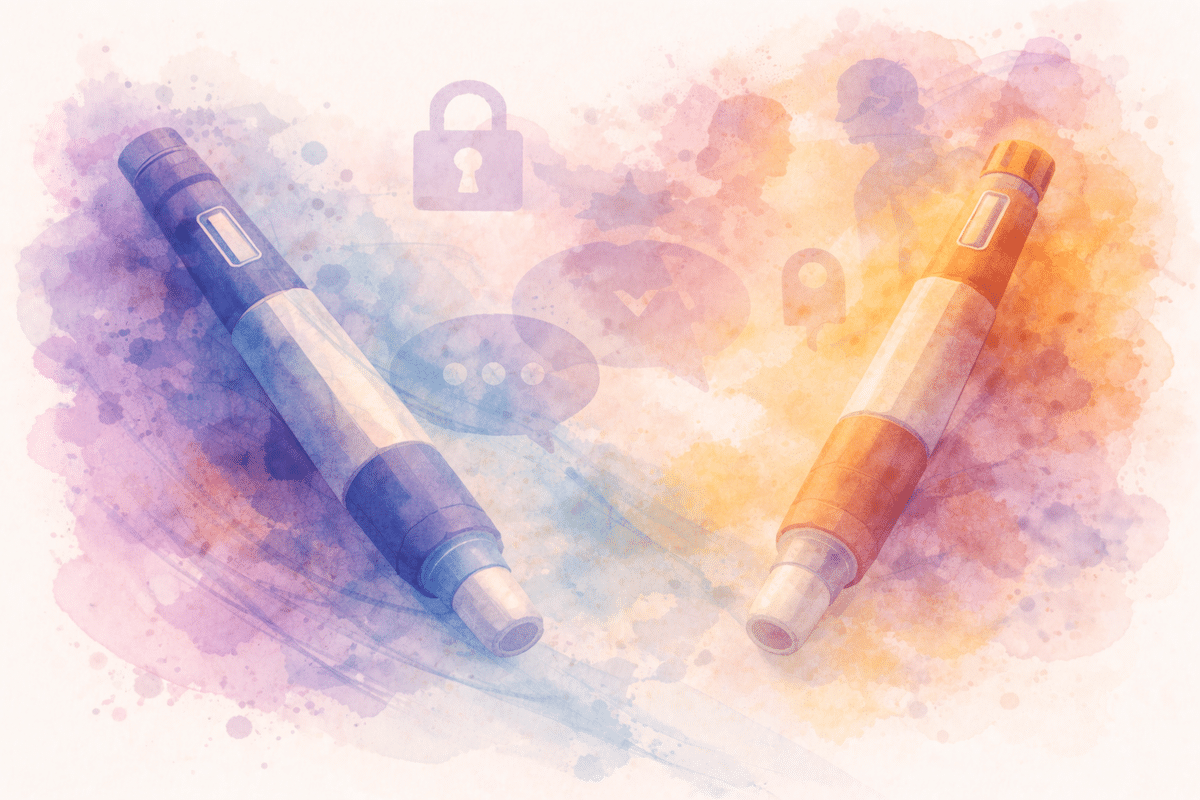Ask yourself, “Am I developing binge eating disorder?” and you might just be taking your first brave step toward healing.
What is Binge Eating Disorder?
Binge eating disorder (BED) is a relatively new eating disorder as recognized by the DSM-5, but it’s also the most common eating disorder among American adults.1 So while you may not have heard much about binge eating disorder, you or someone you know may very well suffer from it.
Binge Eating Disorder involves overeating on a regular basis, often to the point of discomfort and shame. You can probably imagine the toll this takes on a person’s mental and physical health. BED can cause long-term problems in both the body and the brain, but it also negatively affects daily life as a person loses a sense of control over their eating habits.
Signs That You May Be Developing Binge Eating Disorder
Read through the following characteristics of a binge to see which ones ring true for you:
- I eat more quickly than I used to.
- I eat well past the point of need.
- I eat a lot even when I’m not hungry.
- I prefer to eat alone so no one else can observe how much I’m eating.
- I experience intense, negative emotions after I eat.
If you agree with three or more of the above statements, you are likely engaged in binge eating. In order for you to meet the criteria set by the DSM-5 for binge eating disorder, you would need to binge-eat at least once a week for three months.1
Perhaps you agree with three or more of the above statements but only binge every now and then. Or maybe you agree with just two statements but engage in those behaviors every week. These examples represent a tipping in the direction of binge eating disorder.
Here are a few other signs you might be on the lookout for:
- New or increasing concerns about your body
- A change in your eating habits—especially if you begin to eat throughout the day or if you refrain from eating for most hours of the day, but not all.
- Difficulty concentrating
- The desire (or follow through) to sneak snacks from the pantry and hide them elsewhere in your home
If these symptoms sound like you, please know you’re not alone. Binge eating disorder is the most prevalent eating disorder in America. In fact, binge eating disorder is seen in three times as many people as anorexia and bulimia combined.
And hold onto hope: while binge eating disorder is both serious and life-threatening, it is also very treatable. If you think you may be developing binge eating disorder, don’t wait to get help.
Here at Selah House, we will walk with you every step of the way toward healing.
References
-
- National Eating Disorders Association (NEDA). “Binge-Eating Disorder.”

 Call
Call

